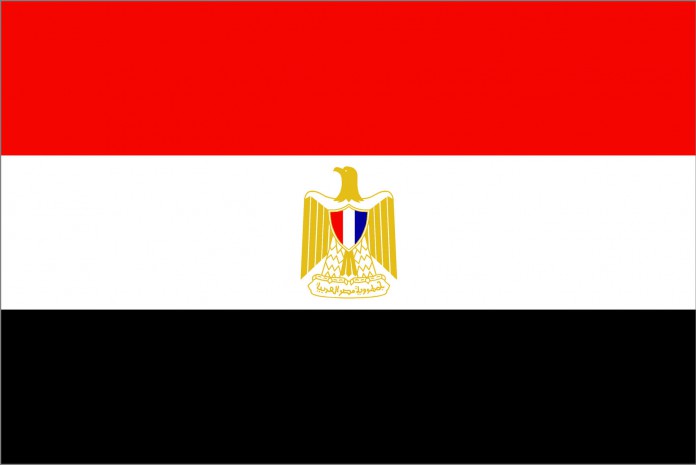Amanda Garcia
Beat Reporter
With mass protests and revolutionary movements sweeping the Middle East, UC Santa Barbara students, faculty and community members gathered on Thursday, February 3 to discuss what civil unrest in Egypt and Tunisia could mean for the future of Middle East politics.
Sponsored by the Office of International Students and Scholars, Professors Juan Campo of the Religious Studies Department and Nancy Gallagher of the History Department offered a brief historical overview and analysis of the two countries.
Gallagher drew attention to how political opposition to the dictatorship in Tunisia is no longer silent, and that the flight of President Zine El Abidine Ben Ali has created a “steam-roller” effect for political revolution in the Middle East.
Katherine Paolini, a third-year undergraduate and English major at UCSB, found the background information regarding each country to be the most helpful part of the panel.
“I not only learned about the history of both countries leading up to the events of the last few weeks, but gained a better idea for the reasons behind the protests themselves,” says Paolini.
Other students, such as fourth-year Political Science major and UCSB undergraduate Jon Berthet, found the connections drawn between the Tunisian and Egyptian revolutions enlightening.
“I thought it interesting that in Tunisia, the overthrow was secularly done but can pave the way for Islamic power,” states Berthet. “Similarly, in Egypt the anti-Mubarek group is focusing not necessarily on secularism, but on unity among all religions.”
As Egyptians demand for current president Muhammad Hosni Sayyid Mubarak to step down immediately from office, Campo described the events in Egypt as a “catalyst for change.” He also wants audience members to not just focus on mass protests in Cairo like most media outlets, but also on political mobilization in other Egyptian cities like Suez and Alexandria.
Alex Adelson, a fourth year Religious Studies major and undergraduate at UCSB, also considered discussion on how the media is portraying events occurring in the Middle East an important topic.
“The most important thing I took away from the event was that many parties, like Israel, the Mubarek regime and Fox News are portraying the conflict in a dictatorship or chaos form,” says Adelson. “That is, if President Mubarek leaves power, radical Islamists will take over Egypt and it will become the Iranian revolution 2.0.”
Campo also drew attention to how almost half of Egypt’s population is under the age of 40, and that all types of social groups are working together to oust Mubarek and establish a new government regime.
“What these events show is that there is a change taking place where Arab countries are no longer caught between a battle over secularism and Islam, but [between] youthful, democratic and religious conservatives,” remarks Adelson.
“It was a good opener to bringing awareness on the issue,” adds Berthet. “But certainly more talks in the future will be needed to fully understand what’s going on, because milestone events are happening every day.”












Comments are closed.